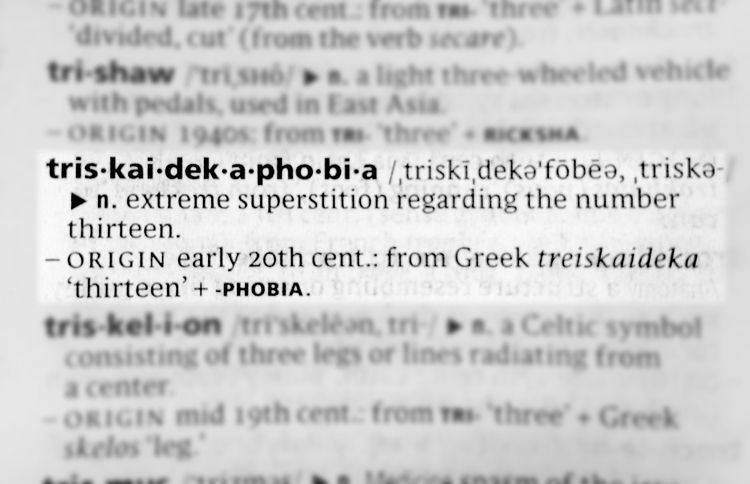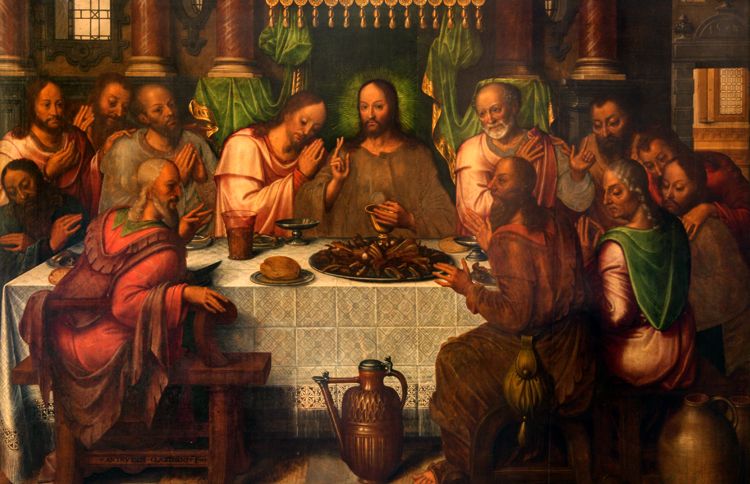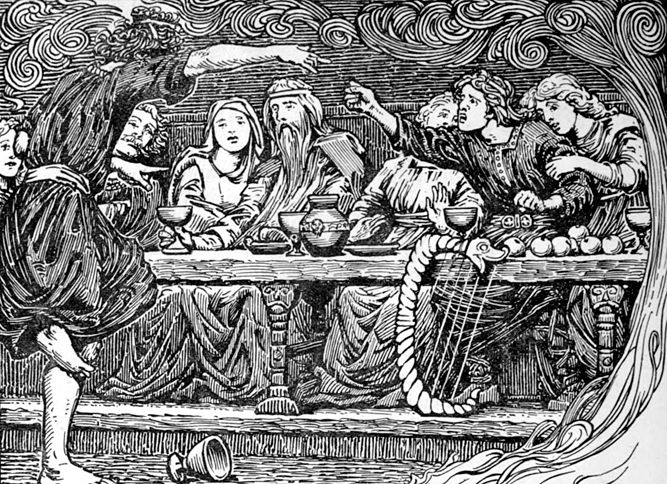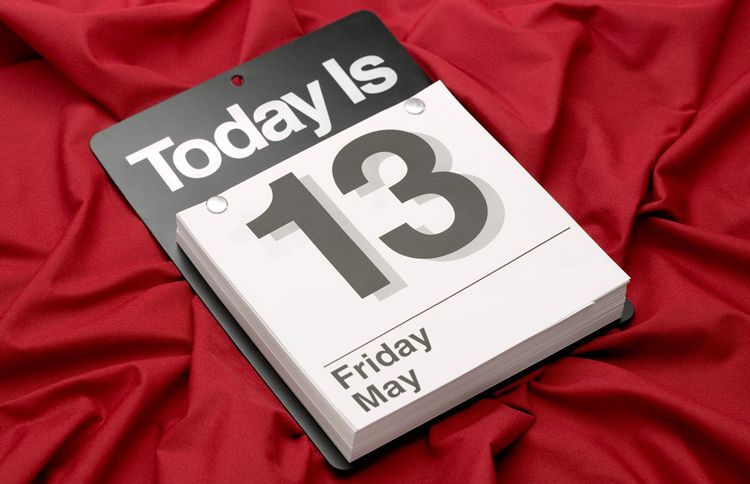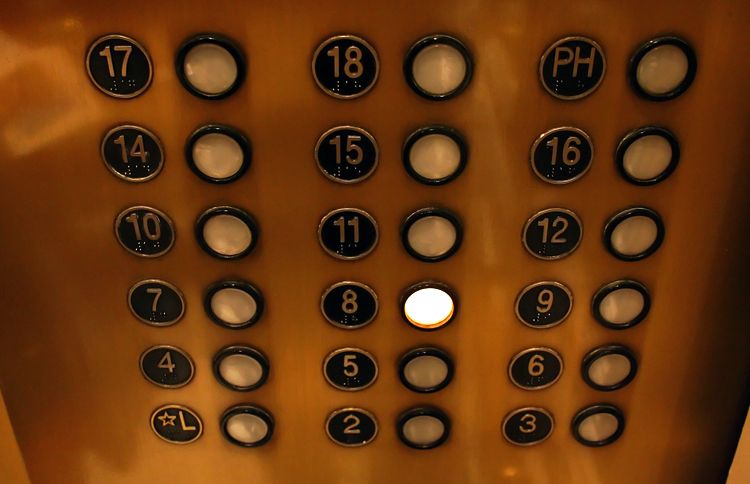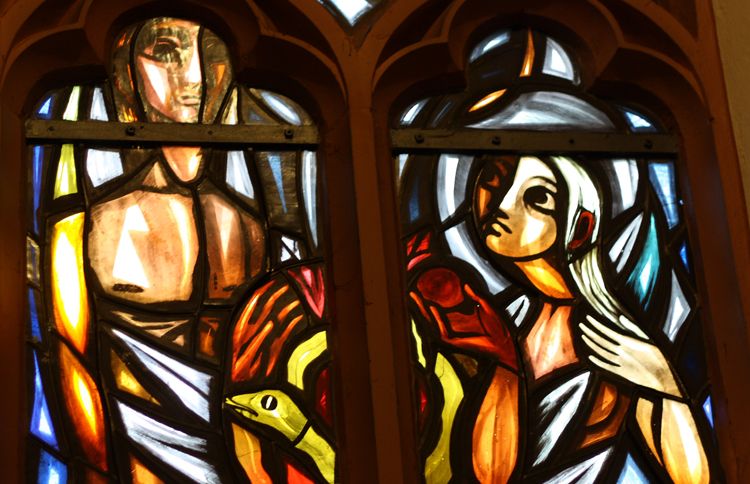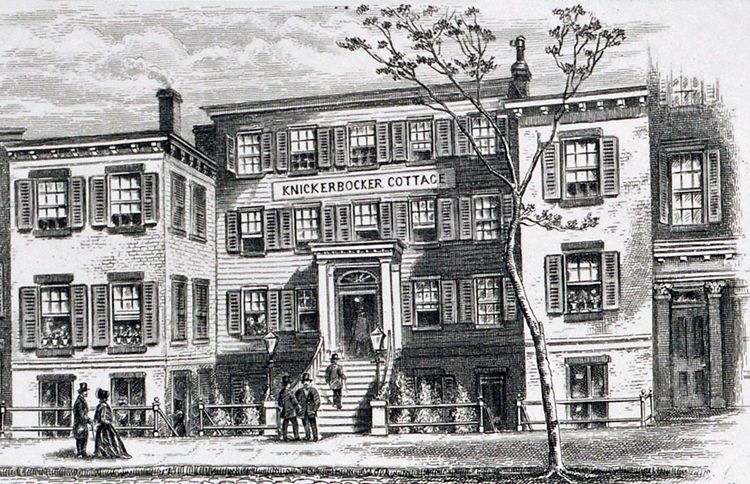2 of 7
The distrust of the number 13 is widely associated with the fact that, at the Last Supper, Christ dined with 12 of his disciples (making a party of 13). Tradition holds that the last one seated was Judas Iscariot.
3 of 7
The avoidance of 13 guests at a dinner table is not exclusive to Christian tradition. The ancient Vikings also took a dim view of a baker’s dozen gathered around a table, due to an ancient Norse myth that told of Loki, the god of mischief, showing up uninvited as the 13th guest at a banquet table in Valhalla. Hindus, on the other hand, considered a group of 13 gathered for any purpose to be unlucky.
5 of 7
People are sufficiently squeamish about the number 13 that building owners today frequently avoid the use of that number in naming floors, skipping instead from 12 to 14 or sometimes referring to the 13th floor as Floor M (the 13th letter of the Roman alphabet). A company representative of Otis Elevators once estimated that 85% of the buildings fitted with Otis brand elevators do not have a floor referred to as the 13th.
6 of 7
For some people, the idea that Fridays are unlucky is associated with the Bible. According to legend, Friday is said to be the day Eve tempted Adam with the forbidden fruit. Jesus has traditionally been thought to have been crucified on a Friday. Michael Bailey, an Iowa State University professor who studies the origins of superstitions, told USA Today Network that these Biblical accounts have caused the day to be viewed as a “general ill omen.”
7 of 7
Little evidence exists that Friday and the number 13 were associated in the minds of the superstitious until the 19th century, and it’s not entirely clear what brought the two together in the minds of the superstitious public.
One theory points to a New Yorker named William Fowler, who attended Manhattan’s Public School No. 13 as a child and graduated at the age of 13. He earned his living as a builder, erecting 13 structures in New York. After volunteering, on April 13, 1861, to serve as a member of the Union army, Fowler fought in 13 Civil War battles. He resigned his commission on August 13, 1863, and just a month later, on September 13, he bought an establish on New York’s Sixth Avenue called the Knickerbocker Cottage.
At 8:13 p.m. on Friday, January 13, 1882, in Room 13 of his dining and drinking establishment, Fowler convened the first gathering of the Thirteen Club, an exclusive society of like-minded men who refused to be cowed by superstitions. To reach their seats, the 13 men were forced to walk under a ladder. Thirteen candles were placed on the dinner table, where 13 courses were served. Toppled bowls of salt were scattered about, but guests were strictly prohibited from tossing any of that spilled salt over their shoulders.
The Thirteen Club continued its sporadic gatherings (the group only met on Fridays that fell on the 13th of the month) more than 25 years after its founder has passed on—Fowler died in 1897—before fading into obscurity in the 1920s. It’s ironic that Fowler’s club may well have helped foster a new superstition—thinking Friday the 13th unlucky—rather than repudiating two older beliefs, as he intended.

